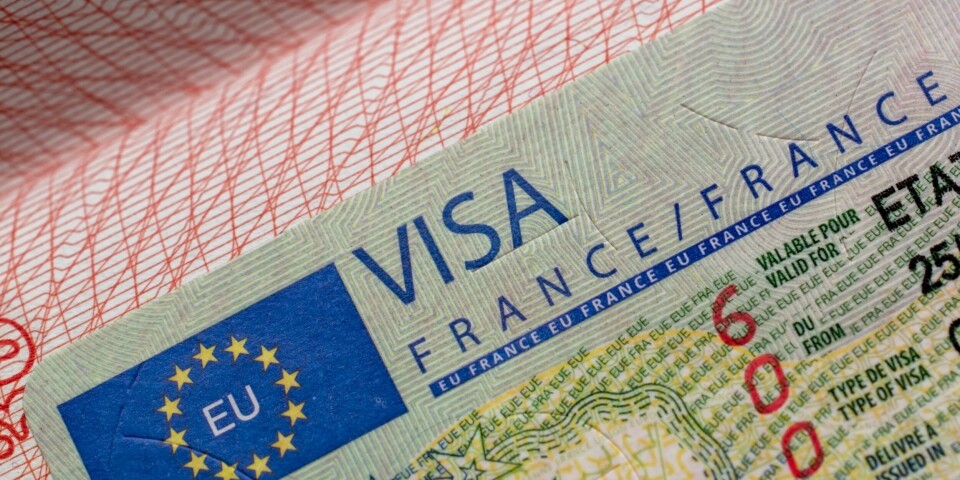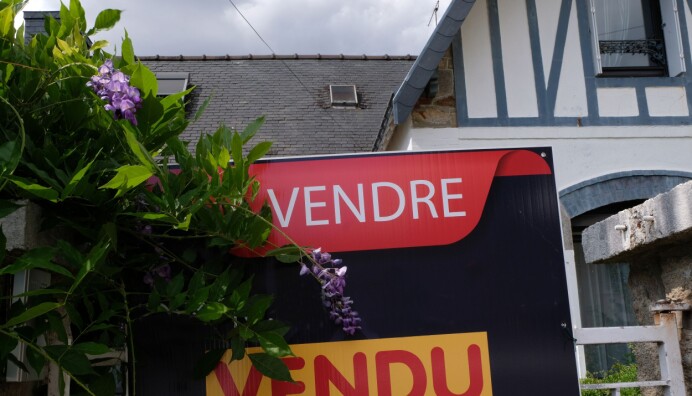-
What does carré mean and when should it be used?
Being a little square now has connotations of efficiency and competence
-
Learning French: when and why do we say être dur de la feuille?
A leaf-themed phrase for when a person is hard of hearing
-
Learning French: les carottes sont cuites and 10 other food idioms
Salads, carrots, apples, and onions are all used in common phrases. How many do you know?
‘Jourbon!’: What is France’s backwards slang Verlan?
Verlan is fun to learn and understanding it will make you feel more at home in France

Once you get the hang of using everyday French language, you can elevate your fluency with the introduction of Verlan.
Verlan is a type of argot (slang) French often used by young people, so there is a good chance you will have heard it being used, even if you did not recognise it.
It consists of inverting the syllables or the sounds of French words to make a new word.
A common example would be bonjour becoming jourbon. Another is Verlan itself - it derives from the word l’envers which means the inverse.
Read also: Seven beginner mistakes in French to avoid
Although it might be a new concept to French learners, Verlan dates back to the 17th century when they said “Bonbour” instead of “Bourbon” in the mazarinades, which were satirical pamphlets published in France.
However, it was after World War II that Verlan started to become widespread in France, exploding in the 1990s and 2000s.
Verlan can also be seen in the mainstream media, a key example being Renaud’s 1984 song Laisse Béton which is Verlan for laisse tomber (to let go).
It is, therefore, useful to be able to identify Verlan, even if you are not planning on using it yet yourself!
Read also: Try these eight daily life hacks to improve your French
Here are some words in Verlan to get you started.
1. Zarbi (bizarre)
Translation: weird or bizarre.
2. Une meuf (une femme)
Translation: woman.
3. Un keum (un mec)
Translation: man or guy.
4. Le turfu (le futur)
Translation: the future.
5. La teuf (la fête)
Translation: party.
6. Ouf (fou)
Translation: crazy.
7. Chelou (louche)
Translation: in this context, it means shady or bizarre or weird.
8. Un céfran (un francais)
Translation: a French person.
9. Chanmé (mechant)
Translation: in this context, it is used to express admiration for something: “Ce film était trop chanmé” (“That film was great”).
10. Un keuf (un flic)
Translation: this is slang for a police officer.
11. Relou (lourd)
Translation: in this context, it is used to express annoyance: “C’est relou” (“It is annoying”).
12. Vénère (énervé)
Translation: annoyed.
13. Teubé (bête)
Translation: stupid.
14. Cimer (merci)
Translation: thank you.
15.Reuch(cher)
Translation: expensive.
16. Téma (mater)
Translation: used in this context as meaning “to look at”.
Related articles
Six classic French films to improve your language skills
























